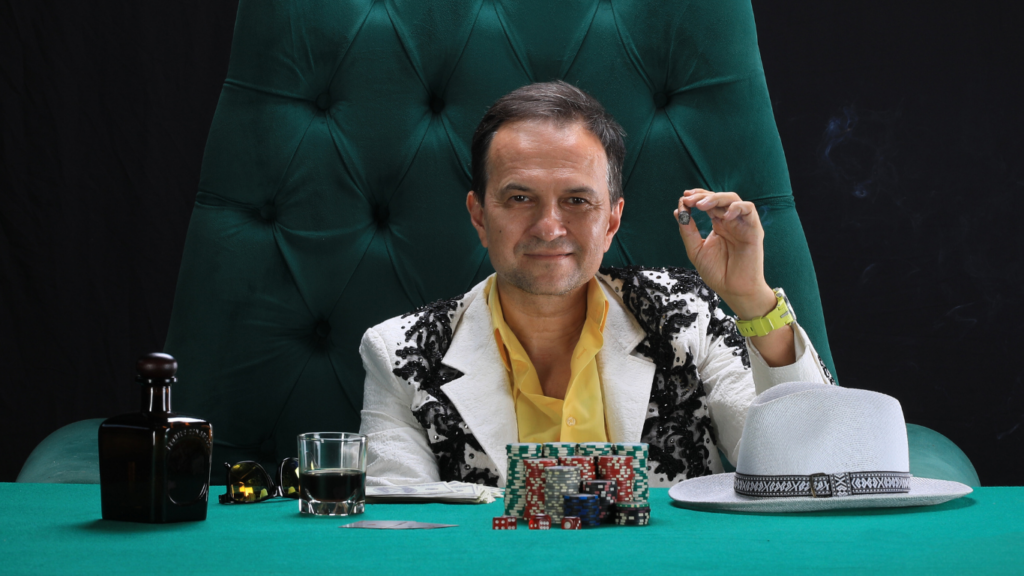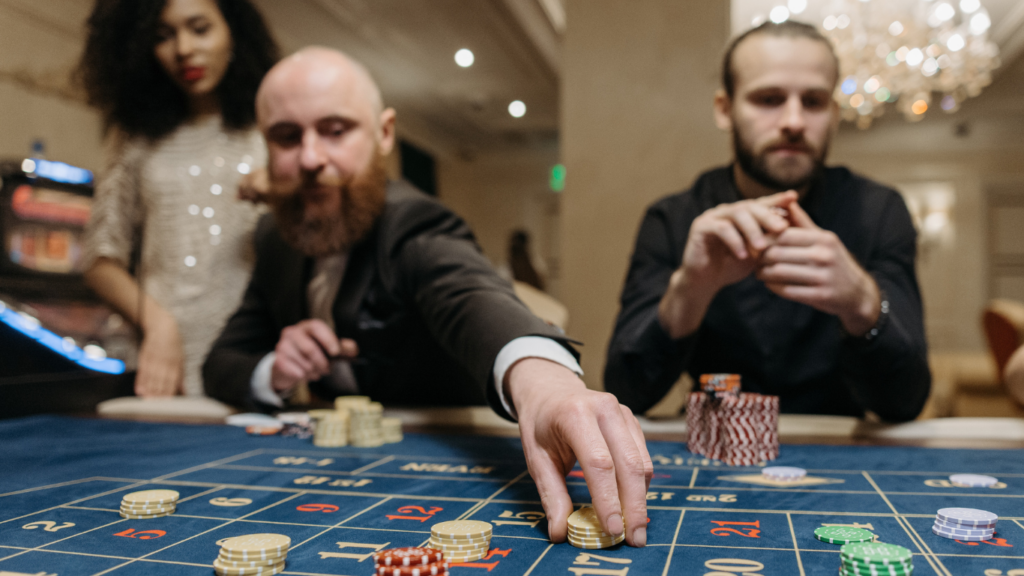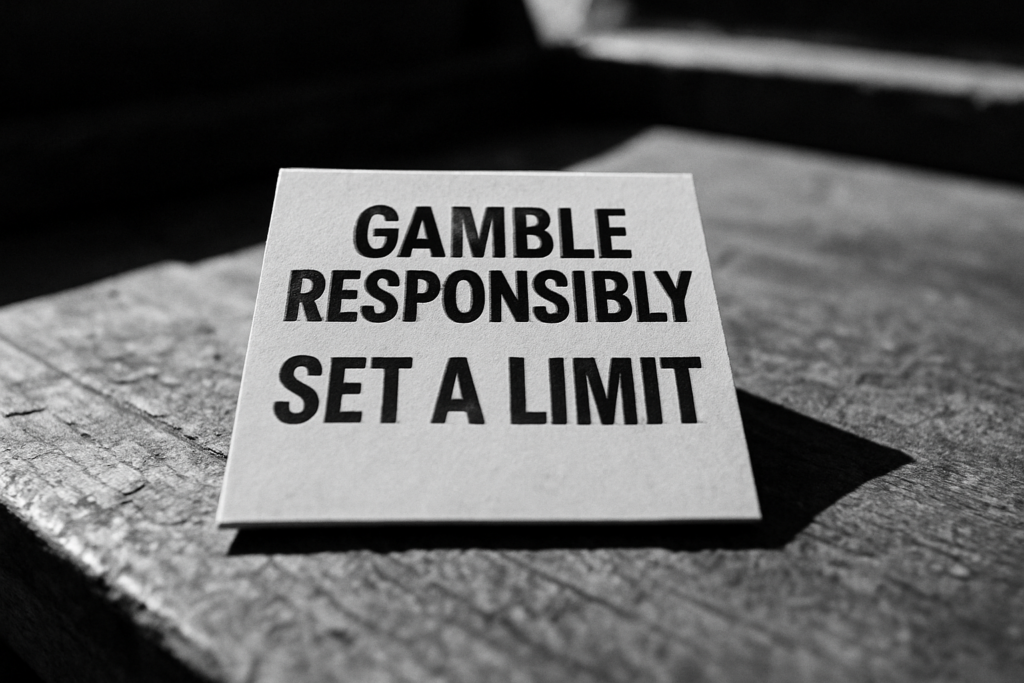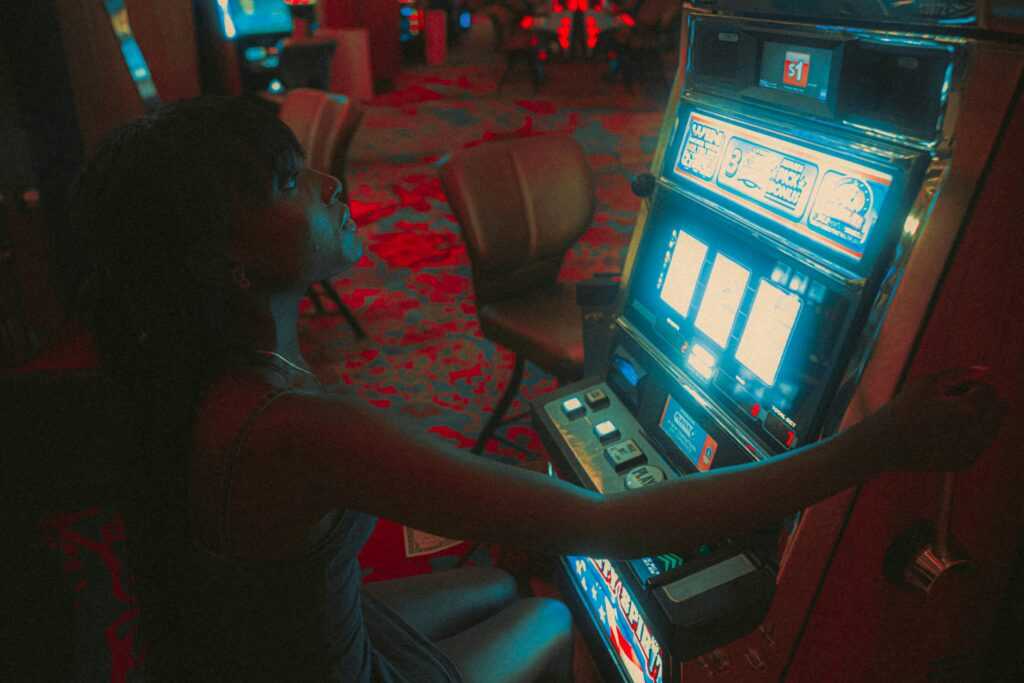Understanding Gambling: Skill Vs. Luck
Gambling outcomes blend skill and luck, with each playing a significant role in determining success. Misjudging their impact can lead to flawed strategies and gambling losses.
The Role of Skill in Gambling Success
Skill influences success in games where strategy and decision-making are paramount. In poker, for example, analyzing opponents, reading tells, and managing betting contribute to outcomes. Sports betting rewards research and knowledge about:
- teams
- players
- trends
Mastering optimal strategies in these scenarios minimizes risks and maximizes potential gains. However, even in skill-based games, results aren’t guaranteed due to the inherent uncertainty of gambling.
The Influence of Luck and Randomness
Luck dominates chance-based games like slot machines, roulette, and lotteries. These games rely heavily on random number generators or statistical probabilities, with no room for skill to impact outcomes. Even in skill-prone activities, luck can dictate short-term results—for instance, an unexpected card draw in blackjack or unforeseen play during a sports event. Understanding randomness helps players adjust their expectations and avoid attributing wins or losses solely to their actions.
The Psychology of Overconfidence in Gambling

Overconfidence can skew a gambler’s perception of skill and luck, leading to poor decisions. It’s crucial to identify the psychological patterns that foster this mindset to make better-informed choices.
Signs of Overconfidence Among Gamblers
Overconfidence manifests in behaviors and beliefs that exaggerate control or skill. I often notice gamblers attributing wins to personal expertise rather than luck, especially after short-term success. Others might dismiss the role of randomness, viewing themselves as immune to typical outcomes. Consistently raising stakes beyond reasonable risk, believing losses will turn around due to superior skill, is another red flag. A focus on past victories, while ignoring statistical probabilities and losses, also signals overconfidence.
The Dangers of Overestimating Skills
Overestimating one’s skills in gambling elevates financial and psychological risks. When players assume they can repeatedly outperform the odds in games like poker or sports betting, they’re likely to make larger, riskier wagers. This often results in rapid losses that outweigh any previous winnings. Additionally, overconfidence fuels persistence in gambling sessions, leading to more significant losses as players chase unrealistic expectations. Misjudging one’s abilities can also cause emotional distress, as mounting losses clash with inflated self-perception. A lack of humility in acknowledging the unpredictability of gambling exacerbates these issues.
Recognizing the Pitfalls of Overconfidence
Overconfidence in gambling distorts judgment, making it easier to misinterpret skill and luck. Identifying how this mindset affects actions can reduce errors that lead to losses.
Common Mistakes Resulting from Overconfidence
- Overconfidence often causes players to miscalculate risks.
- They may overbet after a winning streak, misinterpreting luck as skill.
- Doubling wagers in roulette based on prior wins overlooks the game’s randomness.
- Overestimating knowledge is another issue, such as assuming a single poker win proves mastery and ignoring future uncertainties.
- Ignoring bankroll limits when confidence peaks amplifies financial losses, leaving players unable to sustain unexpected outcomes.
How Overconfidence Impacts Decision-Making
Excessive confidence disrupts rational thinking in high-stakes situations. Players tend to neglect probability, believing success is due to skill rather than external factors. For instance, raising stakes aggressively in blackjack after a win sidesteps statistical odds. Emotional investment escalates, leading to impulsive decisions fueled by an inflated self-view. This hinders long-term strategies and makes chasing losses more likely, increasing financial risks. Recognizing this pattern helps maintain objective decision-making and prioritize strategies over imagined superiority.
Strategies to Avoid Overconfidence in Gambling
Overconfidence in gambling distorts perceptions and can lead to unfavorable outcomes. Employing targeted strategies reduces this risk and promotes rational decision-making.
Setting Realistic Expectations
Accepting that gambling involves uncertainty fosters realistic expectations. I focus on understanding that no outcome is guaranteed, regardless of expertise or preparation. By acknowledging the randomness in games, such as slot machines, I prevent unrealistic views toward winning. When I win, I evaluate whether it resulted from skill, luck, or a combination of both, which helps me stay grounded.
Balancing Skill with Awareness of Luck
Recognizing the influence of luck prevents over-reliance on skill in decision-making. In skill-based games like poker, I combine strategic moves with an awareness of uncontrollable variables, such as turns of a card. When playing chance-based games, I limit my investment, knowing luck solely determines results. This balance protects me from attributing outcomes entirely to skill or externalizing every loss to bad fortune.
Practicing Mindful Betting
Placing bets thoughtfully lowers risks and controls impulsive behavior. I decide on wager limits before gambling and stick to those constraints, even during winning streaks. I avoid chasing losses, acknowledging that emotional betting clouds judgment. Regularly pausing to assess my mental state and strategies during sessions ensures my decisions align with logic, not overconfidence.



 Steven Alfonso – Senior Gambling Analyst
Steven Alfonso serves as the Senior Gambling Analyst at Gamble Wise Roll, bringing a wealth of industry knowledge and analytical expertise to the platform. With a background in gaming economics and market research, Steven delves into the latest trends shaping the gambling world, from emerging skill-based betting opportunities to regulatory shifts and technological advancements. His in-depth reports provide a comprehensive look at how the industry is evolving, offering valuable insights for both casual players and seasoned professionals. Passionate about data-driven decision-making, Steven ensures that Gamble Wise Roll remains at the forefront of industry analysis, helping readers understand the risks, opportunities, and strategies that define modern gambling.
Steven Alfonso – Senior Gambling Analyst
Steven Alfonso serves as the Senior Gambling Analyst at Gamble Wise Roll, bringing a wealth of industry knowledge and analytical expertise to the platform. With a background in gaming economics and market research, Steven delves into the latest trends shaping the gambling world, from emerging skill-based betting opportunities to regulatory shifts and technological advancements. His in-depth reports provide a comprehensive look at how the industry is evolving, offering valuable insights for both casual players and seasoned professionals. Passionate about data-driven decision-making, Steven ensures that Gamble Wise Roll remains at the forefront of industry analysis, helping readers understand the risks, opportunities, and strategies that define modern gambling.
